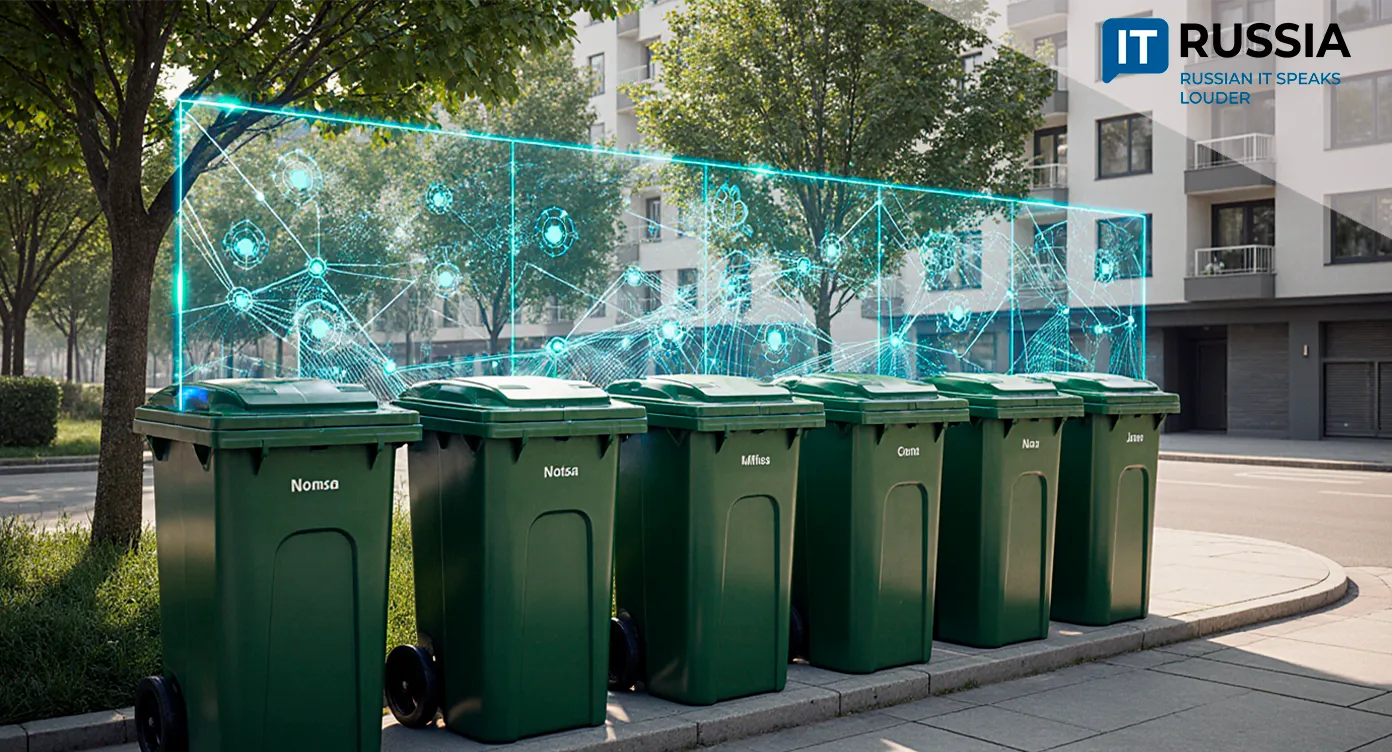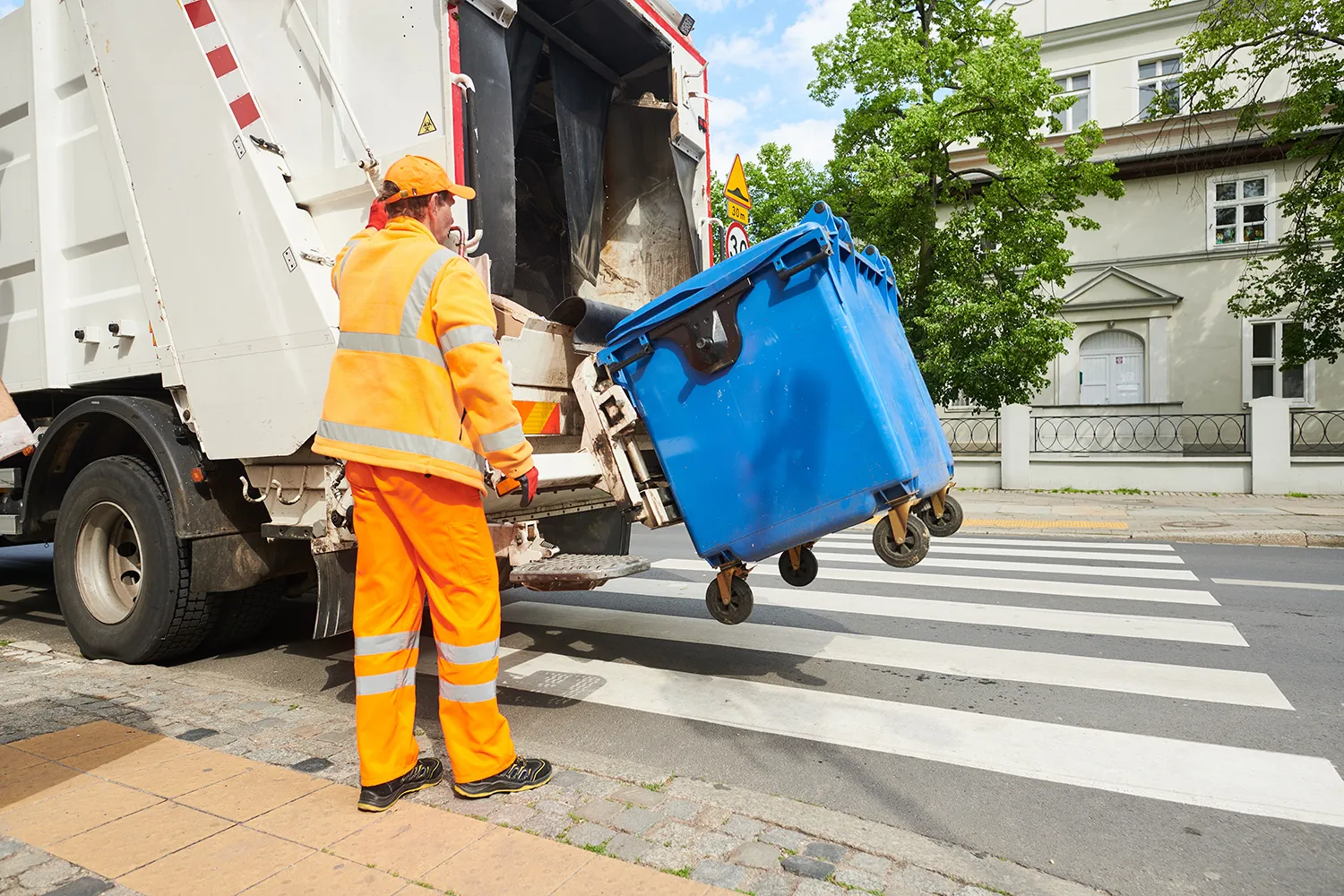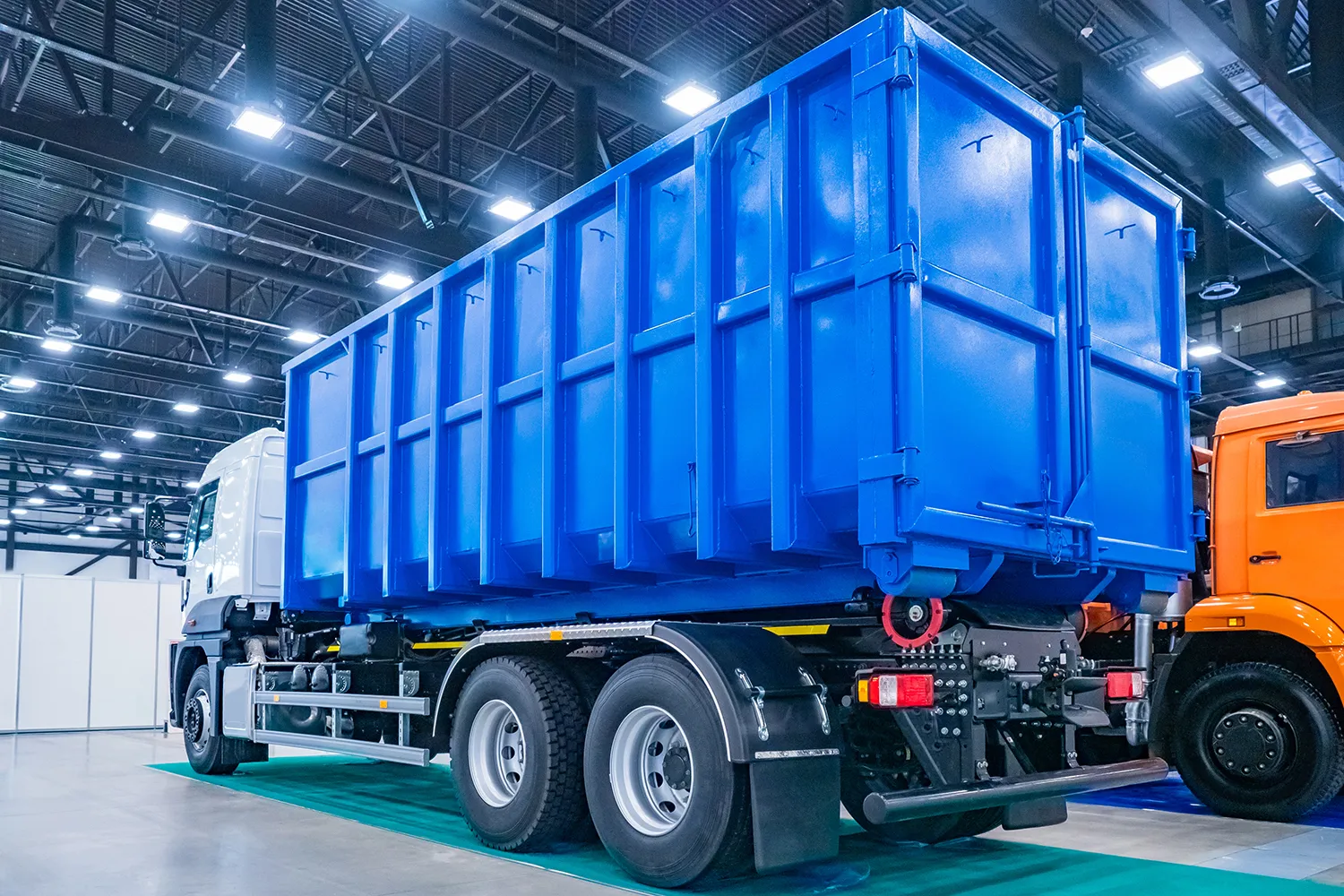A Fresh Look at Waste: AI to Monitor Cleanliness in Russia’s Chelyabinsk Region
Digital technologies are transforming even the most traditional areas of urban management. In September, Chelyabinsk Region will launch an AI-powered system to monitor waste container sites, marking a step toward smarter, greener cities.

Cameras Capture Every Piece of Litter
The new system combines computer vision and video analytics to automatically monitor solid waste container sites. In real time, algorithms detect overfilled bins, unauthorized items like tires or construction debris, and even improperly parked cars blocking garbage trucks.
This isn’t the first attempt. NtechLab’s AI-based video analytics has already been deployed in Nizhny Novgorod, Vologda, and Leningrad regions, with pilots in Tula, Sverdlovsk, Yaroslavl, Tatarstan, and Krasnodar. But the Chelyabinsk project differs by providing continuous, automated video surveillance—bringing waste management to an industrial scale.

Fighting Illegal Dumps
In the Moscow Region, the Safe Region system already monitors 2,400 container sites daily, flagging 14 types of violations, including overflowing bins. Tasks are automatically sent to utilities when action is needed.
Since 2024, Russia’s Environmental Operator has used neural networks in its federal waste monitoring platform, covering 1.1 million container sites nationwide. Truck drivers photograph containers before and after pickup, and AI checks that nothing remains in or around the bins.

By contrast, the Chelyabinsk project stands out for its continuous monitoring, which could serve as a model for scaling AI into global waste management practices. Although local, the initiative aligns with international trends and could even become an exportable solution.
A New Approach to Old Problems
Round-the-clock monitoring and instant detection of irregularities promise to dramatically improve municipal responsiveness. The ecological impact could be substantial: fewer illegal dumps, faster waste collection, and improved quality of life.
The algorithms can also be adapted for other civic tasks, from monitoring public safety at events to analyzing traffic flows and detecting unauthorized landfills.

Chelyabinsk’s rollout highlights Russia’s broader vision of digital ecosystems, where technology enhances daily life by making cities cleaner, safer, and more comfortable.










































